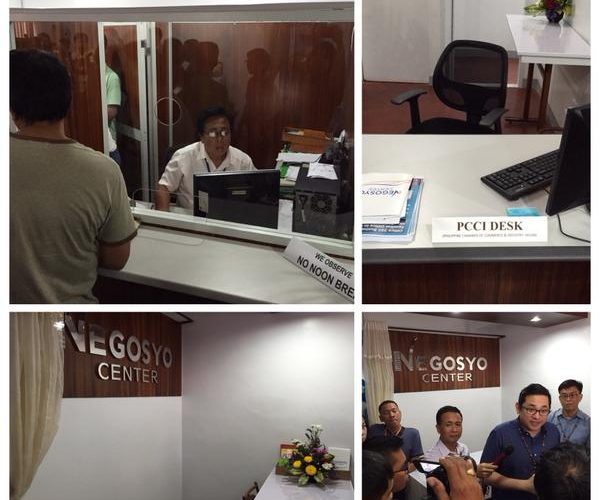P-Noy to Sign Landmark PH Competition Act and Amendments to Cabotage Policy into Laws
Two important, historic, game-changing bills to continue pushing the country’s progress and inclusive economic growth will be signed into laws by the President tomorrow.
In a ceremonial signing in the Malacanang Palace tomorrow, July 21, Tuesday, at 10 am, President Aquino will approve the landmark Philippine Competition Act, giving the country its own law that will level playing field for all businesses by penalizing anti-competitive agreements and abuses of dominant players.
The Chief Executive is also expected to sign into law the Foreign Ships Co-Loading Act, which will now allow foreign ships carrying imported cargoes and cargoes to be exported out of the country to dock in multiple ports.
The Philippine Competition Act is considered the longest-running measure in Congress, taking 25 years before hurdling the legislative mill.
“The Philippine Competition Act will usher in a new era of doing business in the country,” said Sen. Bam, co-author and principal sponsor of the measure.
Under the law, a Philippine Competition Commission (PCC) will be established with the Chief Executive appointing a chairperson, four commissioners and an executive director.
“Businesses, whether big or small, will now be on equal footing as the law penalizes anti-competitive agreements and abuses of dominant players,” stressed Sen. Bam, adding that cartels will also be eliminated under the law.
As an independent quasi-judicial body, the PCC will look into anti-competitive behaviors, abuses in dominant positions, and anti-competitive mergers and acquisitions.
“This will lead to an efficient market economy and a level playing field for all businesses,” added Sen. Bam, chairman of the Senate Committee on Trade, Commerce and Entrepreneurship.
The PCC can impose administrative penalties of a maximum fine of P100 million on the first offense and P250 million for the second offense for anti-competitive agreements and abuses of dominant position.
Moreover, courts can impose criminal penalties of imprisonment from two to seven years and a maximum penalty of P250 million for anti-competitive agreements done between and among competitors. The imprisonment will be imposed to responsible officers and directors of the entity.
Aside from the Philippine Competition Act, the Chief Executive will also sign into law the Foreign Ships Co-Loading Act, another measure sponsored by Sen. Bam.
The Foreign Ships Co-Loading Act will reduce logistics costs for producers, create a more efficient import and export system, and lead to lower prices for consumers. The law will also help in decongesting the major ports in the country.
With the approval of his two measures, Sen. Bam will have four laws to his credit. Last year, the President approved the Go Negosyo Act and the Philippine Lemon Law.
In addition, the President is also expected to sign the Youth Entrepreneurship Act soon.
The Youth Entrepreneurship Act, co-authored and principally sponsored by Sen. Bam, is touted to be an effective tool to solve the growing number of jobless youths in the country, which currently stands at 1.32 million.
Financial literacy and entrepreneurship courses will now be included in all levels of education to build an entrepreneurship culture among Filipinos. A youth entrepreneurship fund shall also be made available to cater to youth entrepreneurs in the country.
Sen. Bam’s campaign promises of spurring jobs and enterprise development, levelling the playing field, and ease of dong business were further fulfilled with these macro economic reforms together with the establishment of Negosyo Centers all over the country through the Go Negosyo Act.





Recent Comments